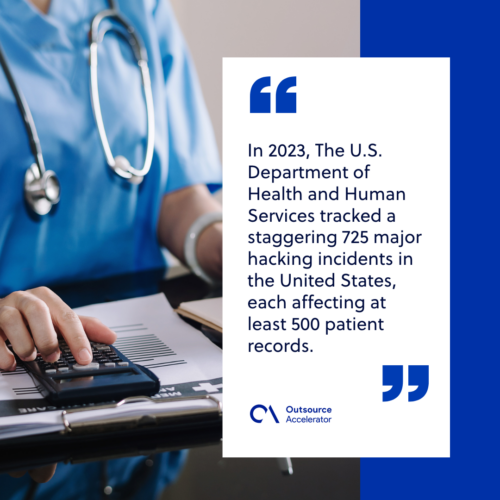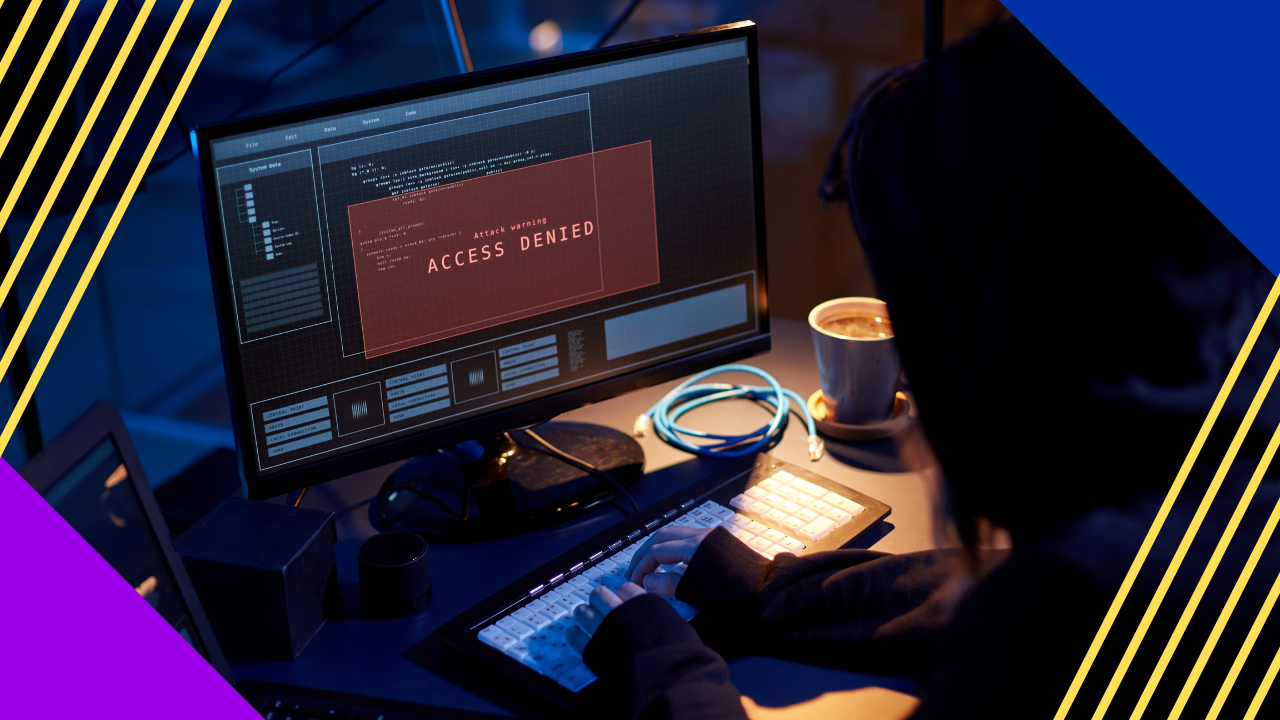Massive attack at Change Healthcare
Healthcare has been shifting to digital but has yet to tighten its cybersecurity measures. Now, hackers are threatening patients’ personal data, which can be exploited for identity theft.
In February, a cyberattack at Change Healthcare caused major disruptions to its operations. UnitedHealth, Change Healthcare’s parent company, later confirmed that the ransomware strike cost $872 million in the first quarter of 2024.
A month after the attack, UnitedHealth reportedly paid a ransom of $22 million in bitcoin to protect patient data and restore its operations.
While negotiating with criminals is highly discouraged, the company had no choice. The incident shows how ill-equipped these medical institutions are in this rapidly evolving tech world.
A gold mine of data
Change Healthcare is just one of the many medical institutions targeted by merciless hackers. In 2023, The U.S. Department of Health and Human Services tracked a staggering 725 major hacking incidents in the United States, each affecting at least 500 patient records.

These criminals are repulsive, but they know what they’re doing. Health data is a treasure trove of personal information, including social security numbers, health insurance policies, financial accounts, and more.
In an age where most errands can be accomplished digitally with minimal verification efforts, personal information is an individual’s most valuable asset.
Lousy security measures only incentivize cybercriminals to breach into systems and hold data for ransom. If not confronted, they can use the stolen information to impersonate an individual and commit fraudulent activities.
Outsourcing cybersecurity
Medical institutions are already grappling with chronic workforce shortages that are negatively affecting healthcare delivery.
Adding to their stress and paranoia are potential cyberattacks that could shut down their operations for weeks. Some of these hacks caused major delays in the healthcare staff’s payroll schedules.
Politicians are drafting bills to prevent these incidents from happening again. However, these proceedings will take time, and crime waits for no one.
Rather than waiting for the government to finalize mandates, health institutions must tap outsourcing firms to safeguard themselves from hackers to protect their employees and continue caring for their patients.
Offshore companies offer cybersecurity services to industries including banking and finance, manufacturing, government, and enterprises. These institutions trust outsourcing firms to create sophisticated digital barriers that would safeguard their critical data.
Outsourcing firms are already helping healthcare fill workforce gaps through virtual nurses and AI-powered tech, so why not avail of their cybersecurity services?
With the help of these offshore companies, healthcare providers can focus on their sole mission of providing top-notch healthcare to their patients.
Question for your business
Are your cyber practices safe?

 Independent
Independent





















